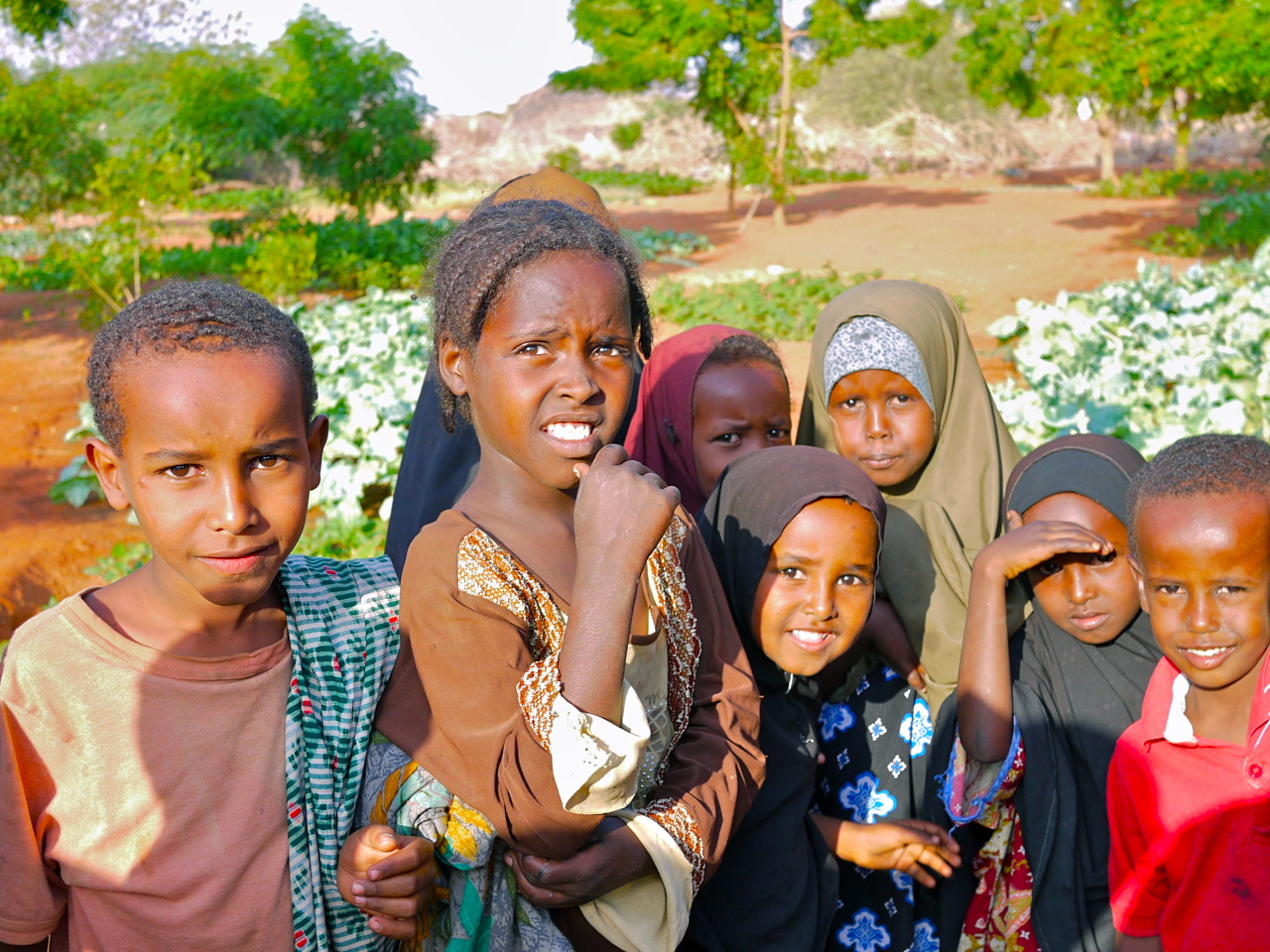As Kenya's urban slums expand at rapid rates, they face increasing challenges in food security, health services, water, and sanitation. Nairobi's slums are desperately crowded: they occupy less than 6 percent of Nairobi's residential land, yet are home to 60 percent of the city's population, according to the African Population and Health Research Center in Nairobi. The slum areas are not formally recognized by the government and thus lack basic services such as water, sanitation, and health services. The result is that children in the slums have "higher mortality and morbidity rates than children in other parts of Kenya," according to the Center. At the same time, the slums have also become a site for a plethora of public health initiatives by NGOs and international agencies. But providing even the basics remains a challenge.






















